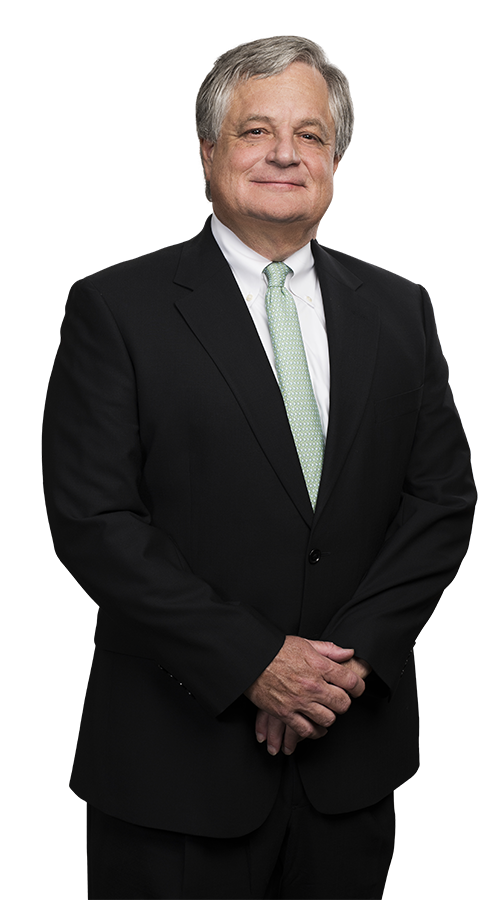- Alma J. Aguirre
- Amine Ammar-Aouchiche
- Katy Merrill Andre
- Courtney Culver Baker
- Stephen Bres
- Thomas H. Burton, III
- Giorgio “George” Caflisch
- Victor L. Cardenas Jr.
- Adam B. Chambers
- Ben Connally
- Casey Craft
- Kimberley L. Doom
- Clint Dye
- Stephanie F. Erhart
- Amanda J. Flanagan
- Dalby Fleming
- Joseph A. Garnett
- Steven O. Grubbs
- Jamie Guidry
- Christina “Tina” E. Gutierrez
- Veronica Ibraheim
- Christopher R. Jackson
- James W. Karel
- Henry C. A. List, Jr.
- Travis Livermore
- Donald Loving
- Cade Lunsford
- Dale B. McMath
- Amy Mitchell
- Dawn A. Moore
- Brent Myklebust
- Raymond A. Neuer
- Kevin Niknam
- Nancy A. Norman
- David Oh
- Christopher A. Palumbo
- George P. Pappas
- R. Edward Perkins
- Lara M. Price
- Carolyn K. Rangel
- James E. Rensimer
- Cameron D. Renton
- Richard A. Sheehy
- J. Parker Short
- Wesley T. Sprague
- Brian Tagtmeier
- Jana H. Taylor
- Erik Veliz
- James L. Ware
- Ann P. Watson
- Michael P. White
- Christene Wood
- Justin T. Woods
- David A. Wright
- Michael Yanochik

News
OSHRC Revises Its Procedural Rules
For the first time since 2005, the Occupational Safety and Health Review Commission (OSCHRC) has completed a comprehensive review and revision of its procedural rules. OSHRC is an independent federal agency created by the Occupational Safety and Health Act of 1970 (the “Act”) to rule on disputes of citations or penalties resulting from OSHA inspections.
The new rules became effective on June 10, 2019 with the changes intended to reflect technological advances, including e-filing, and other evolutions in the practice before the Commission over the last 15 years.
Goals of the Rule Revision Process
When the revision process began in September 2018, the Commission requested input from the OSHA bar on the following topics:
- Simplifying rules on computation of time
- Making electronic filing and service mandatory
- Broadening the definition of “affected employee”
- Permitting citation to Commission decisions as posted on OSHA’s website
- Eliminating the rule on the staying of a final order
- Narrowing or eliminating the requirement for OSHA approval of settlements
- Changing rules on Commission review of interlocutory orders issued by its ALJs
- Broadening protection of sensitive personal information
- Increasing the threshold amount for cases referred for mandatory settlement proceedings
Final Rule Changes
A “redline” version of OSHRC’s procedural rules showing all of the changes is located here. Some of the more significant rule changes include the following:
Computing Time
Most time periods are now based on calendar days—referred to simply as “days”—and have been adjusted so that the actual amount of time provided is either the same as, or more than, what was in the prior rules.
Some periods continue to be specified in “working days” when that is how the corresponding period is expressed in specific sections of the Act.
Throughout the revised rules, the Commission has expanded most, but not all, of the existing time periods of less than 11 days. Where practicable and not otherwise governed by statute, the periods in the Commission rules have been revised to 14 or 21 days.
Electronic Filing
E-filing is now mandatory for parties represented by attorneys or non-attorney representatives. Self-represented parties have the option of using the Commission’s E-File System or filing documents by conventional means. Once e-filing has been elected, a party must continue to file all documents electronically, but, because the Commission cannot guarantee the confidentiality of documents filed in the E-File System, confidential and privileged documents cannot be filed electronically.
Citing to Commission Decisions
The new rules permit citation to Commission decisions that are posted on the agency’s website. Rule 12 has been revised to allow citations to the website and specifies the citation format that should be followed, depending on whether the PDF version (which shows page numbers) or the HTML version (which does not show page numbers) of the case is being cited.
Affected Employee Definition
The Commission has amended Rule 20 to specify that an individual who, at the time of the violation, met the definition of “affected employee” and was employed by the cited employer, but who, as the case progresses, is no longer employed by the cited employer, is permitted to elect party status.
Although the Commission did NOT expand the definition of affected employee to include temporary or contract employees or workers who may be affected by exposures created or controlled by a cited employer, even if they are not directly employed by the cited employer (a change suggested by some commenters), the Commission DID revise Rule 21 to clarify how an exposed employee can meet the intervenor criteria set forth in that rule. The revision also requires intervenor status to be granted when the specified criteria are met.
Representatives of Parties and Intervenors
The Commission has revised the Rules to state that any party or intervenor may appear in person, through an attorney, or through any non-attorney representative.
Interlocutory Review
The Commission has revised the requirements for granting interlocutory review in Rule 73 by deleting the phrase “about which there is substantial ground for difference of opinion” because under that language, cases in which the error is obvious may be construed as not meeting the criteria for interlocutory review. The rule has also been revised to:
- Make clear that the important question presented must control the outcome of the case for the Commission to review it on an interlocutory basis.
- Provide an alternative ground for granting interlocutory review — that subsequent review by the Commission may provide an inadequate remedy.
Post Hearing Review
Rule 92 has been revised to provide that the Commission has complete discretion to decide which issues to consider on review.
Stays of Final Orders
Rule 94 has been deleted because the Commission’s jurisdiction under the Act terminates once there is a final order. Accordingly, the Commission cannot act on any motions for a stay of a final order.
Settlement Approval
The revised rules no longer contemplate approval from a commission judge to finalize settlement agreements. Under the rule changes, the parties will now jointly submit a notification to the judge that a settlement has been reached and specify certain information, such as any remaining contested items and whether the withdrawal of a notice or petition is with prejudice.
Mandatory Settlement Proceedings
The proposed penalty threshold that triggers mandatory settlement conferences has been increased from $100,000 to $185,000 and the new rules provide that such dollar amount will continue to be periodically and proportionally adjusted upon consideration of the penalty increases required by the Inflation Adjustment Act of 2015.
The revised settlement rules also provide that documents and factual information disclosed in settlement proceedings may be obtained in subsequent litigation pursuant to permitted discovery or subpoena procedures.
***
For more information about the OSHA practice of Pappas Grubbs Price, visit our website, or contact Steven Grubbs, Amanda Flanagan, Joe Garnett, or Alma Aguirre to discuss your matter.















































